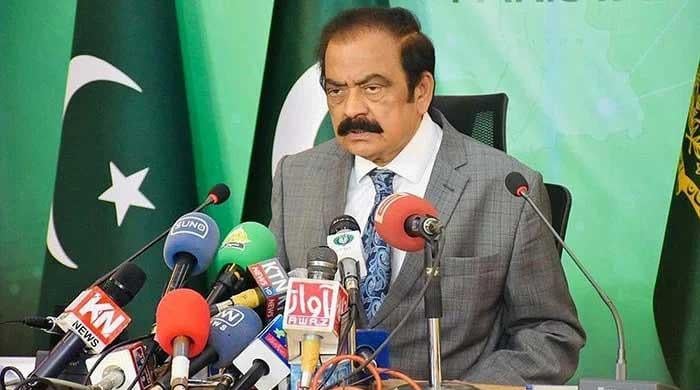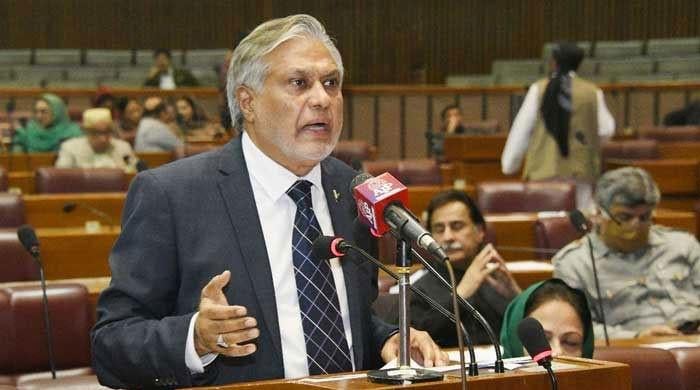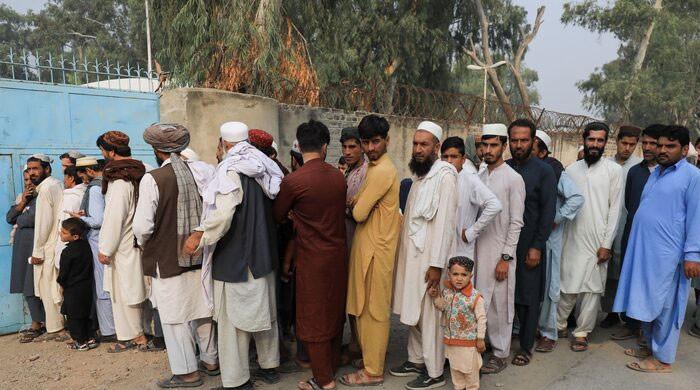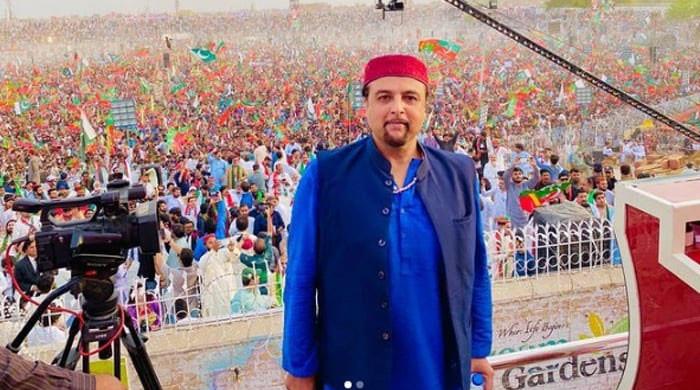PM Shehbaz open to talks with India for regional development
"Three wars only resulted in increased poverty, unemployment, and lack of resources in 75 years," he says
August 01, 2023
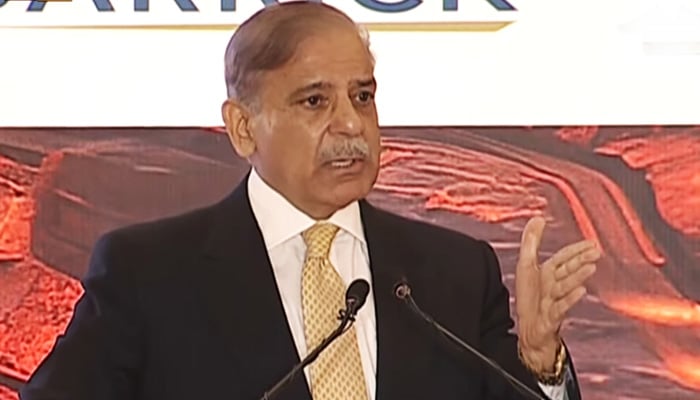
- Premier hints at talks but seeks seriousness from India.
- He emphasises peaceful and meaningful discussions.
- "We are prepared to talk with everyone," premier says.
In his bid to further regional development, Prime Minister Shehbaz Sharif reiterated his willingness to collaborate with neighbouring India, emphasizing that Pakistan harbours "nothing against anyone".
Despite a history of strained ties between the two nations, marred by three wars since their independence in 1947, the premier seeks to promote valuable engagement.
However, bilateral relations have remained seriously impacted since India's decision to revoke the special status of occupied Jammu and Kashmir in August 2019, leading to a virtual standstill in diplomatic interactions between the two countries.
"We are prepared to talk with everyone, even with our neighbour, provided that the neighbour is serious to talk serious matters on the table because war is no more an option," PM Shehbaz said Tuesday, addressing the inaugural session of the Pakistan Minerals Summit in Islamabad.
The summit is aimed at increasing Foreign Direct Investment in the country and moving from 'Dust to Development'.
The prime minister's remarks on working with the United States and India came following a mention of the beginning of the China–Pakistan Economic Corridor project's second phase.
The premier said that Pakistan is a nuclear power — not as an aggressor but for its defence purposes.
He mentioned that the country has fought three wars with India in the last 75 years, which only resulted in increased poverty, unemployment, and lack of resources to finance education, health, and well-being of the people.
He stressed that this is not the way to adopt, but to fight through economic competition in the region.
"Because if there is any nuclear flashpoint, who will live to tell what happened? So (war) is not an option," he said, insisting that while Pakistan understands the issue, it is also equally important for India to realise the same.
"It is equally important that our neighbour has to understand that we cannot become normal neighbours unless abnormalities are removed and unless our serious issues are understood and addressed through peaceful and meaningful discussions," PM Shehbaz maintained.
The premier also emphasised working with the Americans for development in Pakistan, similar to its work with China.
"We really want to have the best of relations with them like we used to have in the past, on the basis of mutual respect and trust, and not trying to deceive each other," he said.
He added that instead, the two nations should try to use available opportunities for the good of both the countries and the people.
Addressing the summit, the premier highlighted the need for making untiring efforts and hard work to realise the dream of Pakistan's forefathers to put it on the path of development and prosperity.
"Today is the day to learn lessons from the past and move forward in unison," he said.
The story of Pakistan's journey of seven to five years, the premier said, is heart-wrenching, but if we convert the speeches and presentations made at the summit into action, in letter and spirit, we can achieve our past glory.
The summit was attended by several national and foreign dignitaries, including the Chief of Army Staff General Asim Munir.
During the occasion, State Minister for Petroleum Dr Musadik Malik invited foreign investors to invest in different sectors of Pakistan, particularly in the minerals and mining sector.




